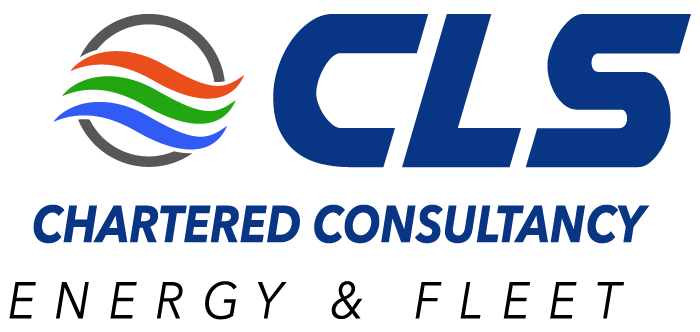ENVIRONMENTAL PRODUCT DECLARATION
Environmental Product Declaration
An Environmental Product Declaration (EPD) is a short document that describes how a product impacts on the environment. It can be used to prove of a products’ environmental credentials. This is what is known under ISO standards as a Type III Environmental Declaration.
Environmental product declarations are the standardised method to describe the environmental impacts associated with a product. The European Notification sets out rules on preparing EPDs on a range of aspects, industries and environments.
CLS Energy provides specialist advice and guidance to our customers to reduce their energy and fuel use and consequently their greenhouse gas emissions and costs.
Definition
Establish the issue(s) and the scope and boundaries of the exercise, be that an individual product or a company-wide project.
Measurement
Establishing your current baseline allows us to build up a trajectory from which to deliver viable and actionable saving opportunities.
Analysis
Through a comprehensive assessment of your process or activity, we can target and address the relevant environmental impact.
Improvement
Having analysed the above, we can set out recommendations and actions to address your impacts and reduce your emissions.
Continual Improvement
The process rarely ends here, and we will assist you to continually improve the processes described as well as other operations and aspects of the business operation.
What we do:
Life Cycle Analysis
- Life Cycle Analysis and Assessment (LCA) Study
- Life-cycle assessment, analysis, foot-printing and baselining
- Environmental Product Declarations (EPD) Development
Carbon (Greenhouse Gas) Emissions
- Net Carbon Zero assessments and trajectories
- Task-Force on Climate Related Financial disclosures (TCFD)
- Sort scope and boundaries and establish where to prioritise
- Carbon Management Planning
- Scope 1, 2 and 3 assessments
- Planning for net zero
- Carbon and Greenhouse gas – (CO2e) baselining
- GHG Reporting and Carbon Disclosure project
- Trajectories – along with short, medium and long term aims and goals
- Streamlined Energy and Carbon Reporting (SECR) Assessment
Sustainability
- Sustainability assessments using the three pillars (Environment, social, economy)
- Sustainable Development Goals (SDGs)
- Climate Change Mitigation and Adaptation
- Environmental Management Systems
- Social Value
- Science Based Targets initiative (SBTi)
- Education and Training
Energy Efficiency
- Energy Strategies
- Regulatory Compliance
- Identify Climate related risks and opportunities
- Measurement of emissions through accurate use of raw data
- Assess Building, operations and fleet processes
- Energy efficiency-based tangible carbon reduction measures
- Renewable energy solutions
- Energy Efficiency Directive (EED) (2012/27/EC) across 15 EU Member States
- Energy Savings Opportunities Scheme (ESOS) assessment
Fleet Efficiency
- Fuel efficiency based tangible carbon reduction measures
- Telematics Assessment Assess fleet processes, controls, behaviours, measures and technologies
- Fleet fuel alternatives
- Fleet profiling
Testimonials
CLS Energy produce and deliver EED (2012/27/EU) complaint energy and fleet audits, energy, fleet, and carbon management plans, energy and carbon reduction plans, as well as
staff training, costed, and calculated trajectories towards carbon (CO2e) zero utilising the GHG Protocol, ISO, and PAS standards.
Most recently, we have delivered such projects to organisations including:
Our Director Alan Asbury also delivers lectures to MSc students at Greenwich and Middlesex universities on environment, sustainable development, climate change and environmental management tools and is currently delivering similar types of energy and climate related training to the staff of Zurich Insurance.
